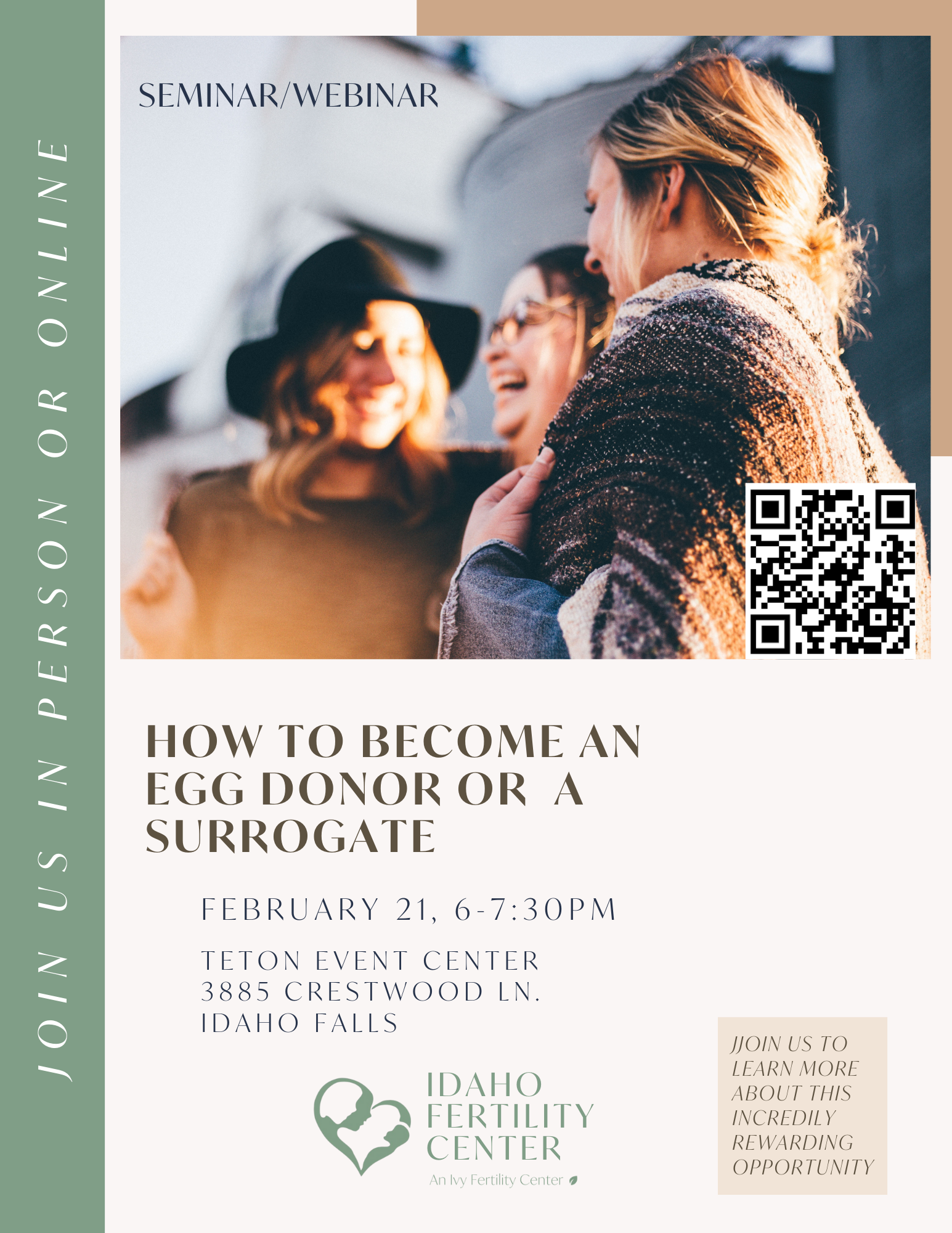
The success rate of a single in vitro fertilization (IVF) cycle can be in the 60’s and even 70’s percentile. In comparison, natural conception rates are 20% per month. IVF greatly increases the likelihood of pregnancy but for those who have been through an IVF cycle and not had success, it can be quite discouraging. The good news is that one failed IVF cycle does not mean future IVF cycles will not be successful and information gained from that cycle can help direct you to the next step.
The in vitro fertilization process itself provides a great deal of information that you cannot obtain otherwise. For example, females eggs cannot be evaluated for quality unless they are removed and examined. Because that occurs during the IVF process, the laboratory and your physician are able to assess egg quality and determine if the eggs look healthy and good or if they have been compromised. IVF also allows your medical team to see the process of fertilization take place and can identify any problems or concerns in that area.
Often your physician will encourage you to try IVF again. Although IVF success rates are high, they are not 100 percent and sometimes luck doesn’t fall on your side. With the information gathered from your previous cycle your physician may suggest further testing or additional procedures. Here are a few that may come up in a follow up consultation.
– Intracytoplasmic sperm injection (ICSI) can help with fertilization failure. This procedure directly injects the sperm into eggs that were obtained via IVF to help improve fertilization rates.
– Minimal Stimulation protocols may be recommended with the goal of producing a lower number of eggs but with higher quality. Less medication is needed for Min Stim IVF which in turn, reduces the risk of ovarian hyperstimulation ()OHSS. Because less eggs being produced, there may be a limited the number of viable embryos to work with for transfer and freezing.
– Genetic Testing (PGD and PGS) Preimplantation Genetic Screen PGS is a procedure used to screen embryos and evaluate the number of chromosomes present in each embryo tested. Embryos that have the proper number of chromosomes and can therefore sustain life, can then be chosen for transfer. PGS reduces the risk of miscarriage and is particularly helpful for those who have had multiple miscarriages. Preimplantation Genetic Diagnosis PGD can be utilized for those with a known high risk of having offspring with genetic abnormalities. The embryos are tested for those specific disorders.
– Donor egg or donor sperm IVF may be suggested for women in their later reproductive years, women with poor egg quality or diminished reserve men with severe male factor infertility. A family member or friend can donate eggs, or anonymous donor eggs can be chosen. Utah Fertility Center has a large egg donor database and our third party team will walk you seamlessly through the process of choosing and using an egg donor. The donor undergoes screening and testing to ensure they are highly qualified. Donor sperm can also be used when necessary and your IVF coordinator will help with those arrangements.
– Supplements Certain vitamins, nutrients and supplements may be added as adjuncts to your treatment protocol. If your physician feels a supplement would be beneficial to you, they may recommend you add it to your treatment calendar. Here are some that are commonly used. Coenzyme Q10 is thought to improve egg and sperm quality. Vitamin D is believed to help regulate hormones. Omega3’s may help increase blood flow to the uterus and healthy iron levels can help with ovulation. There are several others that are recommended for certain situations.
Please feel free to contact our team of reproductive endocrinologists at 208-529-2019 today if you would like to discuss fertility treatment in Idaho Falls, Idaho. Learn more about our in vitro fertilization process and our cutting-edge procedures at Idaho Fertility Center.




